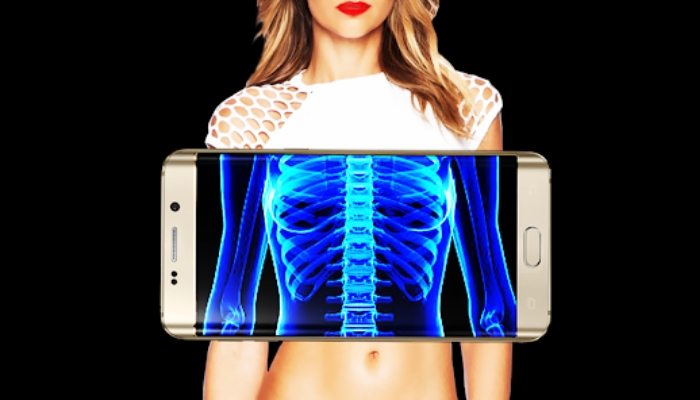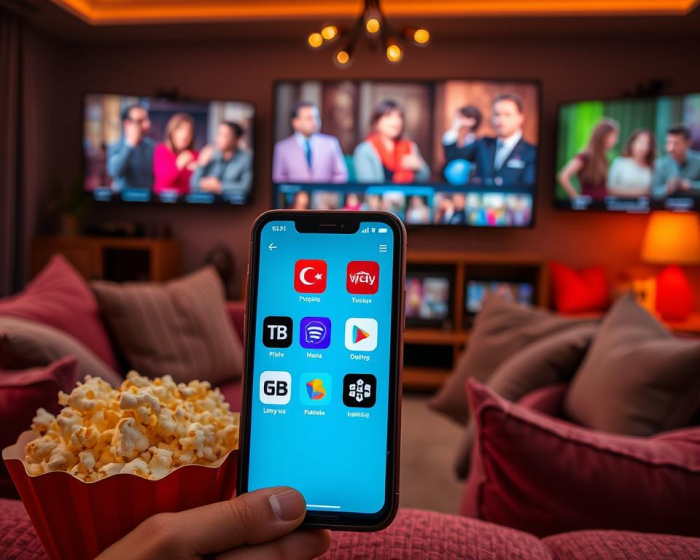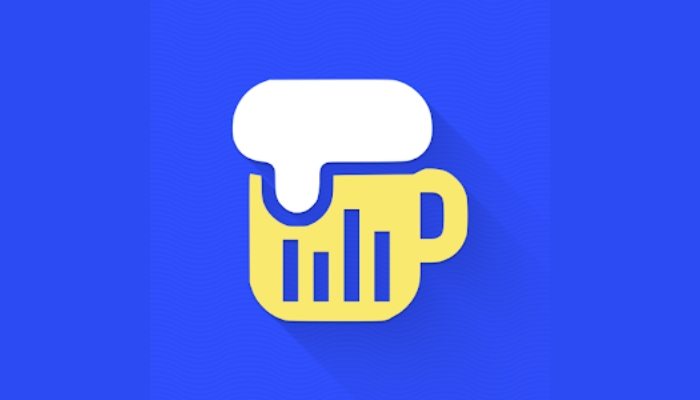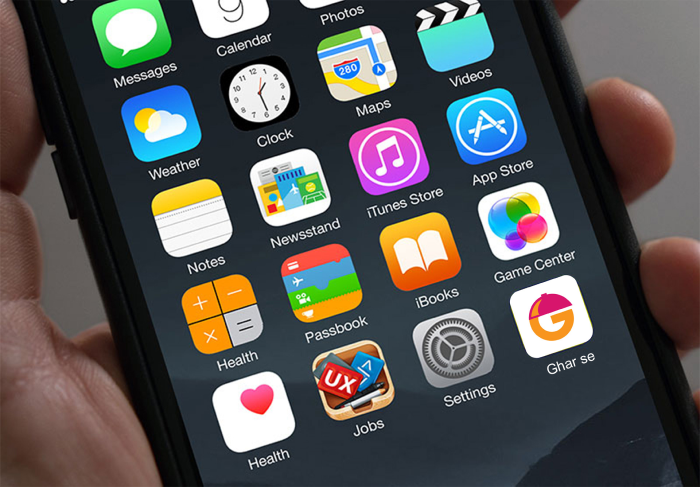How to Measure Your Weight Without a Scale Using Apps
Controlling your weight doesn’t always require a traditional scale. Today, technology offers innovative alternatives through apps that use sensors, advanced calculations and even artificial intelligence to estimate your weight in a practical way.
Some use cameras and augmented reality to assess body measurements, while others combine personal information to calculate reliable approximations. This way, you can get an idea of your weight without the need for additional equipment.
Want to know which are the best apps to measure weight without a scale and how to use them most efficiently? In this article, we’ll explore the most popular options, their features, and tips for getting more reliable results.
How can Measure Your Weight apps help me?
Many use smartphone sensors or artificial intelligence to assess body proportions, ensuring a practical and accessible experience. This innovation allows weight variations to be monitored without the need for conventional equipment, optimizing health monitoring.
Furthermore, some of these tools integrate advanced functionalities, such as camera recognition and gravitational reference analysis, improving the accuracy of measurements.
This allows the user to obtain a more detailed overview of their body composition, favoring strategic adjustments to their routine.
The Best Apps to Estimate Weight Using Your Cell Phone
The search for technological alternatives to measure weight without scales has grown significantly, driving the development of innovative applications. These solutions use advanced sensors, artificial intelligence and precise algorithms to efficiently estimate body measurements.
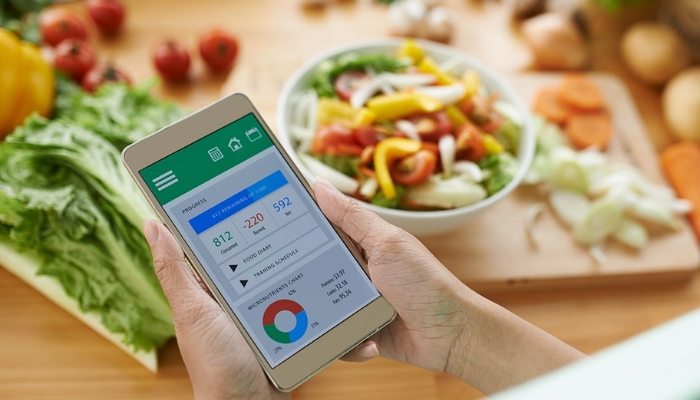
This way, it is possible to monitor weight variations in a practical way, without relying on traditional equipment.
- Weight Scale Estimator – Usa sensores do smartphone para calcular o peso aproximado com base na pressão exercida sobre a superfície. PLAY STORE APP STORE
- FitTrack Precision – Uses artificial intelligence and biometric data to provide detailed measurements and tracking of body evolution. PLAY STORE APP STORE
- Smart Body Measure – Utiliza câmeras e realidade aumentada para mapear dimensões corporais e fornecer estimativas com alta precisão. PLAY STORE APP STORE
These apps represent innovative alternatives for those who want to monitor their weight without the need for a traditional scale. With advanced features and increasing accuracy, they allow for practical and accessible monitoring.
Is It Possible to Get Accurate Results Without a Scale?
Obtaining accurate results without a scale is possible thanks to advances in technology and improvements in body measurement algorithms. Modern applications use pressure sensors, cameras and artificial intelligence to estimate weight with a high degree of reliability.
Furthermore, the combination of biometric data and gravitational references contributes to a more accurate weight estimate. Some tools integrate calculations based on body structure and body mass index to optimize results.
Step by Step Guide to Using a Weight Measuring App
FitTrack Precision is an innovative app that uses artificial intelligence and biometric analysis to estimate body weight without the need for a scale. With advanced technology, it combines the user’s physical data with accurate calculations to provide reliable results.
Its use is intuitive, just follow a few simple steps to obtain detailed measurements.
- Download and install the app – Go to your smartphone’s app store and download FitTrack Precision .
- Set up your profile – Enter information such as age, height and physical activity level to improve the accuracy of calculations.
- Follow the measurement guidelines – The app may use sensors, camera, or biometric data to estimate weight more accurately.
- Analyze your results – FitTrack Precision will provide you with a detailed report including estimated weight, body fat percentage and muscle mass.
- Track your progress – Use your measurement history to monitor weight changes and adjust your routine as needed.
With this simplified process, FitTrack Precision becomes an efficient tool for those looking for practicality and precision in monitoring their body health.
Are Weight Measuring Apps Reliable? Find Out!
The reliability of weight measurement apps depends on the technology used and the calibration of the sensors used. Many of them integrate artificial intelligence and biometric algorithms to estimate weight with a high level of accuracy.
However, factors such as poor posture and variations in the environment can impact the accuracy of the results.
Furthermore, apps that combine physical data, body proportion analysis, and gravitational references tend to provide more consistent estimates. Although they do not replace traditional scales, these tools are useful for frequent monitoring and tracking body evolution.
Tips to Improve Estimation Accuracy on Mobile
How Artificial Intelligence Helps in Body Weight Analysis
Using machine learning, these systems evaluate information such as height, body proportions and mass distribution to generate more reliable estimates.
In this way, the technology eliminates generic assumptions and personalizes results based on the individual characteristics of each user.
Furthermore, AI optimizes the calibration of mobile device sensors, reducing margins of error and improving measurement accuracy. Some applications use neural networks to identify patterns of weight variation over time, allowing for continuous and adaptive monitoring.
When is it worth using an app instead of a scale?
Using weight measurement apps is a viable alternative when practicality and mobility are essential factors. These technological resources allow you to monitor your body’s evolution without the need for physical equipment, making them ideal for those seeking convenience. However, their effectiveness depends on the context and the objective of each user.
- For frequent monitoring – Apps are useful for tracking weight trends without the need for a conventional scale.
- When traveling or commuting – The portability of the applications allows quick measurements anywhere, without depending on physical devices.
- When there is no access to a scale – In emergency situations, these apps provide a rough estimate of body weight.
- To complement health analysis – Some apps provide additional data, such as body fat percentage and muscle mass.
- To make your routine easier – Digital tools optimize weight monitoring in an automated and accessible way.
Considering these aspects, apps can be valuable allies in weight control, especially when the focus is on practicality and adaptation to everyday life.
Digital Weight Measurement: Technology or Just Curiosity?
Digital weight measurement through apps has sparked both interest and questions about its true effectiveness. Although the technology involved uses sensors and artificial intelligence to estimate approximate values, its accuracy still depends on several factors.
Thus, the central question is whether these tools represent a functional innovation or just a technological curiosity.
Furthermore, advances in biometric algorithms have improved the accuracy of these measurements, making them increasingly reliable for everyday monitoring. However, these solutions still do not replace traditional equipment for clinical or high-precision measurements.



